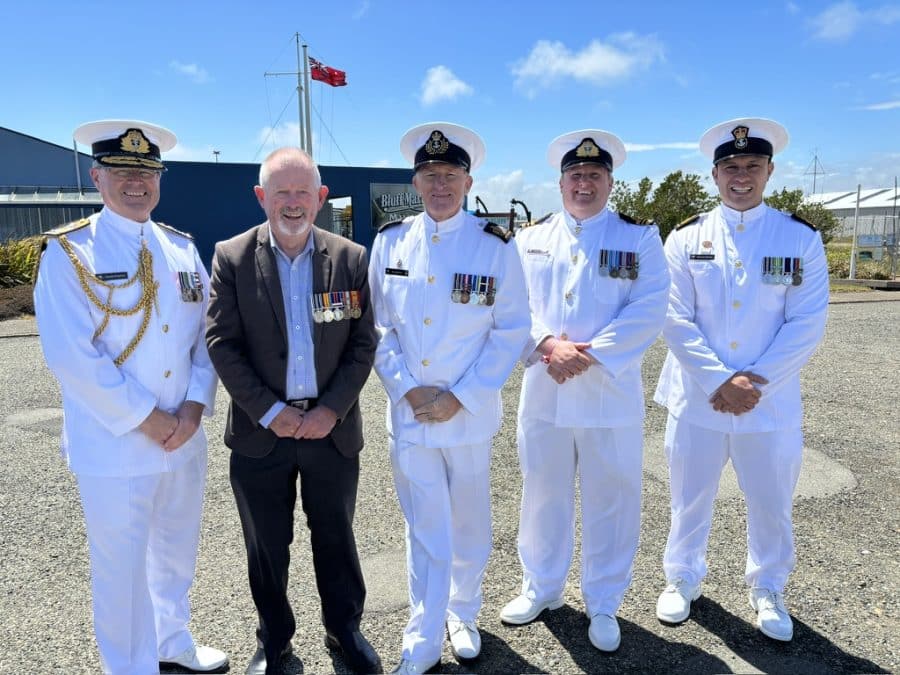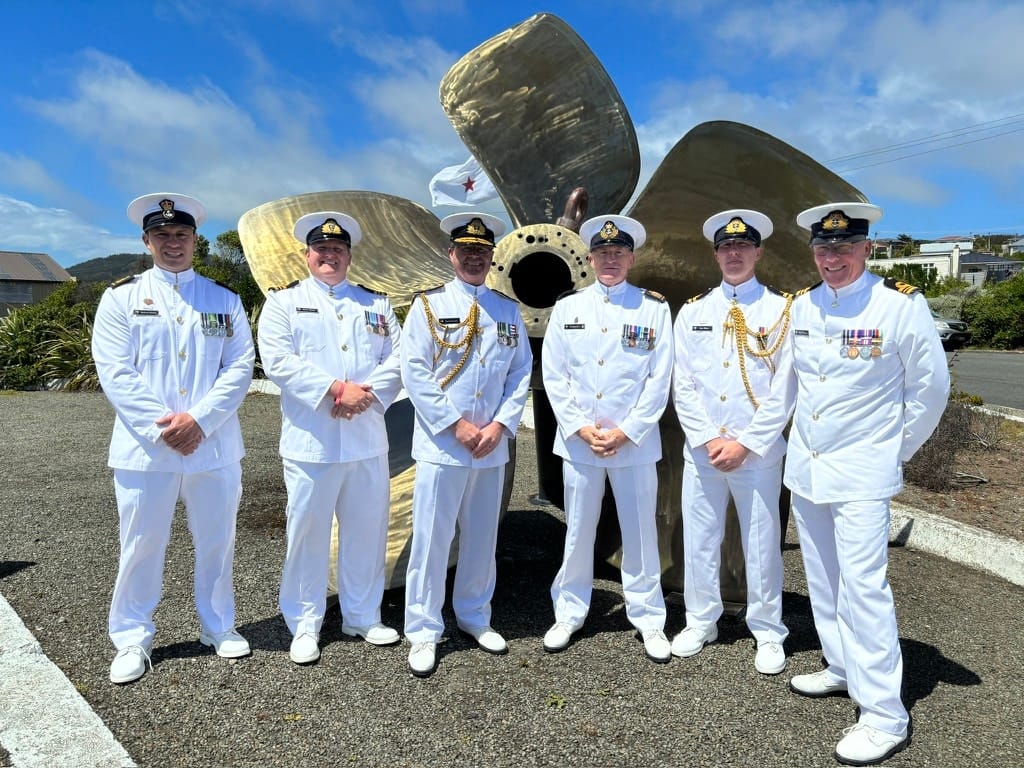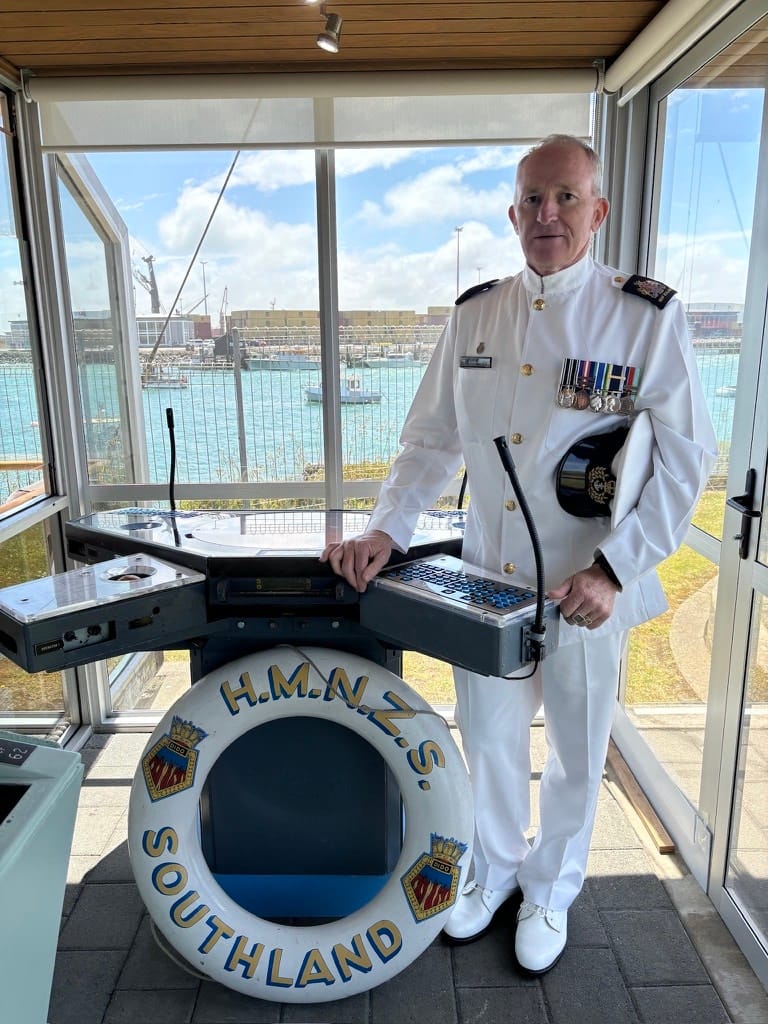Featured


Today marks the 82nd year since New Zealand’s most tragic naval event: the loss of the HMS Neptune, a British warship, in World War II. This catastrophe, which occurred on this date in 1941, took the lives of 150 New Zealanders. The Royal Navy cruiser was destroyed near the Libyan coast when it hit a hidden minefield, leading to the deaths of 764 individuals, with only a single person surviving the ordeal.
The service, held at the Bluff Maritime Museum, was a poignant reminder of the 150 New Zealanders who perished when the British warship HMS Neptune sank in 1941 after hitting an uncharted minefield off the Libyan coast. This tragedy, which claimed a total of 764 lives with only one survivor, is a solemn chapter in New Zealand’s naval history.

Rear Admiral David Proctor, Chief of the Royal New Zealand Navy, led the commemorative service in Bluff, a town chosen for its rich maritime traditions and its role as a refuelling base for naval vessels. The ceremony included readings, prayers, and a flag ceremony, culminating in the presentation of a medal from the RSA to a local veteran.

The inclusion of Mayor Clark, with his dual roles as civic leader and Navy veteran, along with other guests, highlighted the widespread impact of the tragedy and the enduring respect for those who serve in the armed forces. The event served not only as a tribute to the fallen sailors of the HMS Neptune but also as a testament to the courage and sacrifice of all those who have served in times of conflict.
